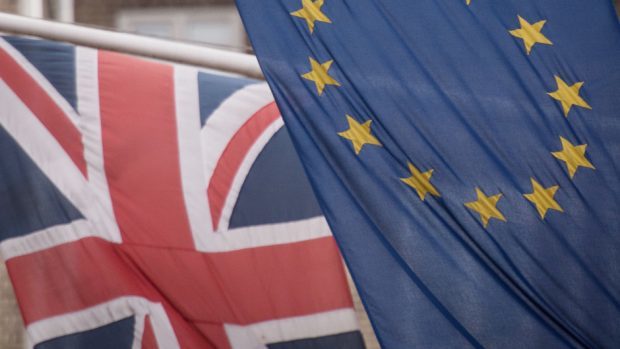Scottish farmers and crofters are overly reliant on direct subsidy support and ill-prepared for how radical change will be following Brexit.
That was the message from AHDB chief strategy officer, Tom Hind, at the annual conference of farm co-op support organisation SAOS in Dunblane yesterday.
Mr Hind said subsidy support accounted for more than 80% of farm income in Scotland and industry everywhere, not just north of the border, needed to become more resilient.
“The UK farming sector will be exposed to more competition and we will have to become less dependent on financial support from the UK [post-Brexit],” he added.
“I don’t think we are doing enough to start laying the ground for the changes we might see and I think we need to start doing that now.”
He said the UK Government’s decision to leave the European single market and seek World Trade Organisation (WTO) membership instead would have serious implications on future trading agreements and agricultural support schemes.
“WTO places some limits on what the UK can do. We cannot, for example, put in place some massive protectionist policies,” said Mr Hind.
He said the loss of the free trade agreement with Europe would result in the UK having to pay common tariffs to exports its goods to the EU.
“For agricultural goods they [tariffs] are particularly high. In the region of between 15% for cropping sectors right through to 50-60% for livestock products, particularly meat products,” said Mr Hind.
Scotland Food and Drink chief executive, James Withers, also urged caution over the ability to export certain products to Europe if the UK becomes a WTO member.
He said: “I don’t believe we can make red meat exports work in Europe in a WTO scenario. In any scenario our trade with Europe will reduce, but I think it should reduce because there’s too much in there.”
However, opportunities would also exist especially in the “home market” with scope to displace imports and increase sales within the UK, added Mr Withers.
He said: “Whilst we have tariffs getting into the EU there will be tariffs for other people getting products in here. The Irish are worried because 42% of their food and drink comes to the UK.”
